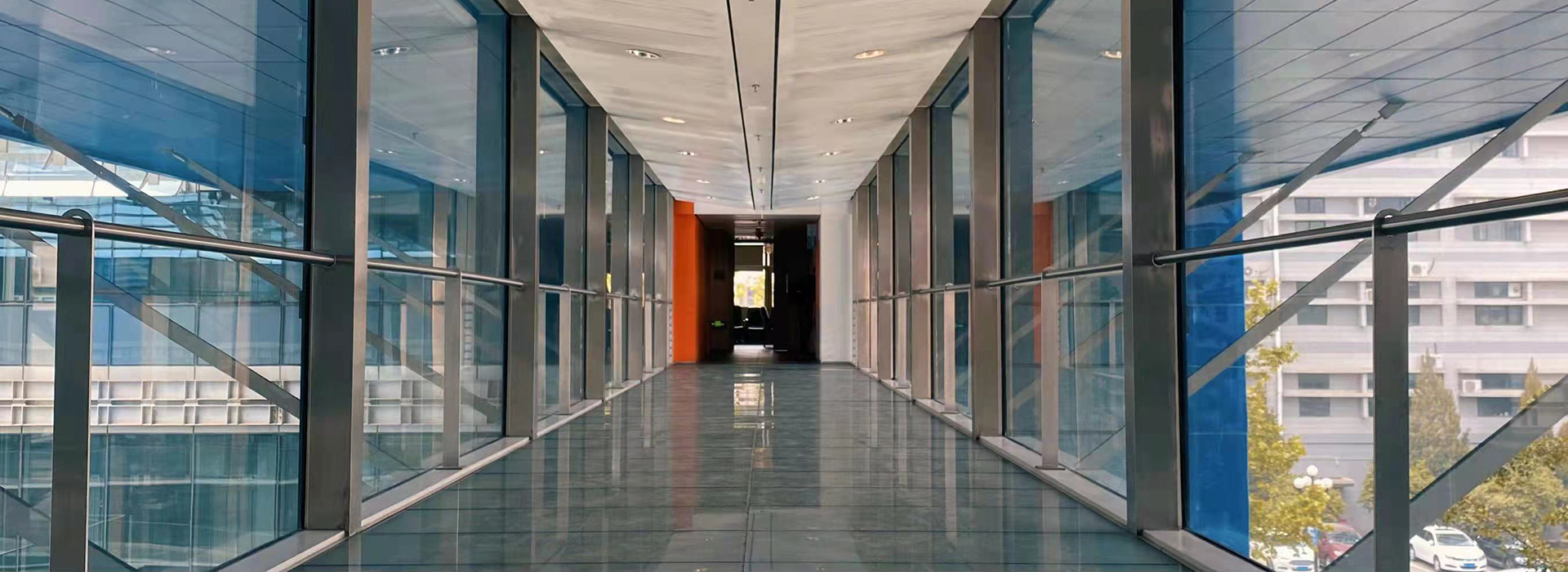The "Tsinghua-CAPEES Academic Frontier Seminar on Membrane Technology for Water Treatment" was held on November 6. The seminar was jointly hosted by Tsinghua University's School of Environment and Chinese-American Professors in Environmental Engineering and Science (CAPEES), and was organized by the Academic Committee of the School of Environment. The event was a success and brought together experts and researchers in the field of membrane technology from both domestic and international backgrounds. The attendees discussed and shared the latest advancements and academic achievements in membrane technology for water treatment. The seminar was attended by Associate Dean Xu Ming, Professors Huang Xia, Liang Peng, Assistant Dean Zhang Xiaoyuan, Associate Professors Wang Xiaomao, An Xiaoqiang, Sun Meng, and other faculty members and students from related fields. It took place in Room 311 of the School of Environment.
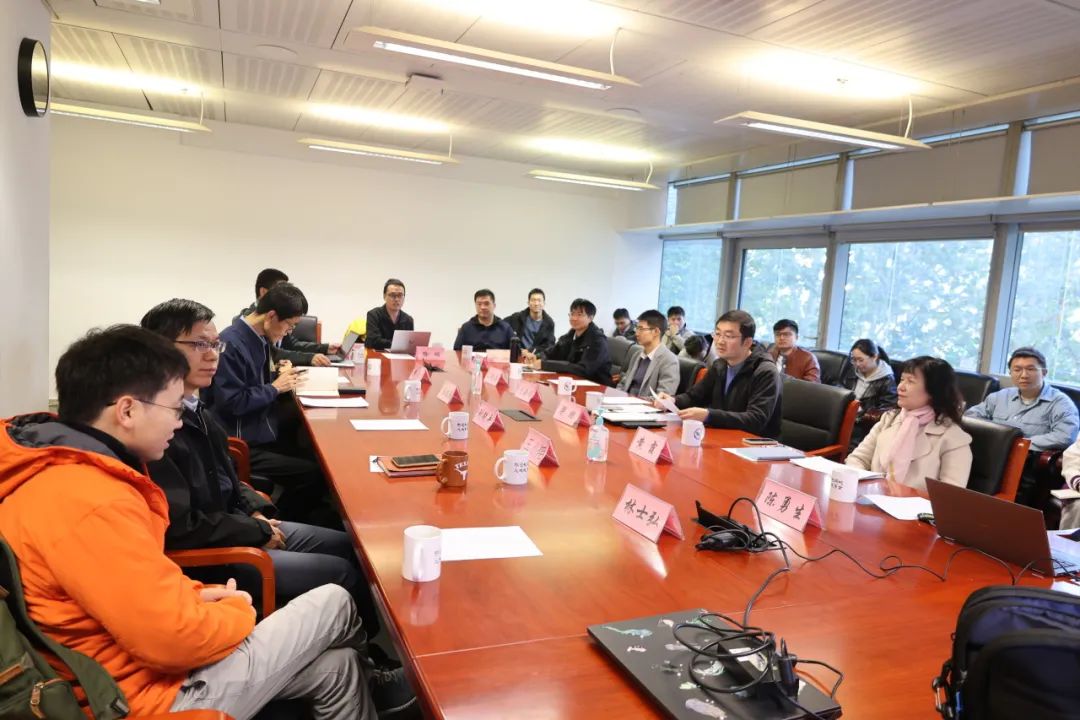
Seminar room
During the seminar, Xu Ming gave a welcome speech where he expressed his gratitude to Professor Chen Yongsheng from the Georgia Institute of Technology, Associate Professor Lin Shihong from Vanderbilt University, and Associate Professors Wang Xiaomao and An Xiaoqiang from Tsinghua University School of Environment for presenting academic reports. Liang Peng and Sun Meng hosted the seminar and gave a brief introduction of the four scholars. Following that, the four scholars presented their academic reports on the theme "The Future of Nanofiltration for Water Purification, Where Does the Road Lead?"
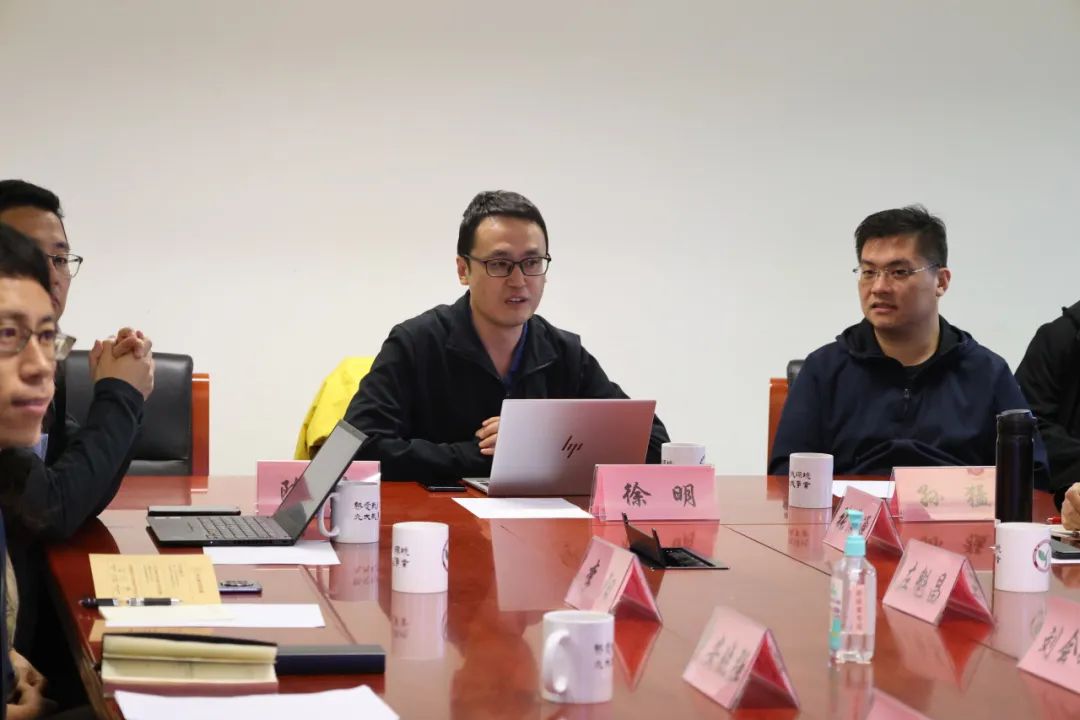
Xu Ming giving the speech
Chen Yongsheng gave a presentation on his research titled "Using Circular Economy Methods to Recover Resources from Urban Waste for Dispersed Food Production." He thoroughly examined the potential of circular economy methods in promoting sustainable development and resource utilization, while also highlighting the significant challenges that the future of sustainable development faces. His presentation sparked a lively and thoughtful academic discussion.
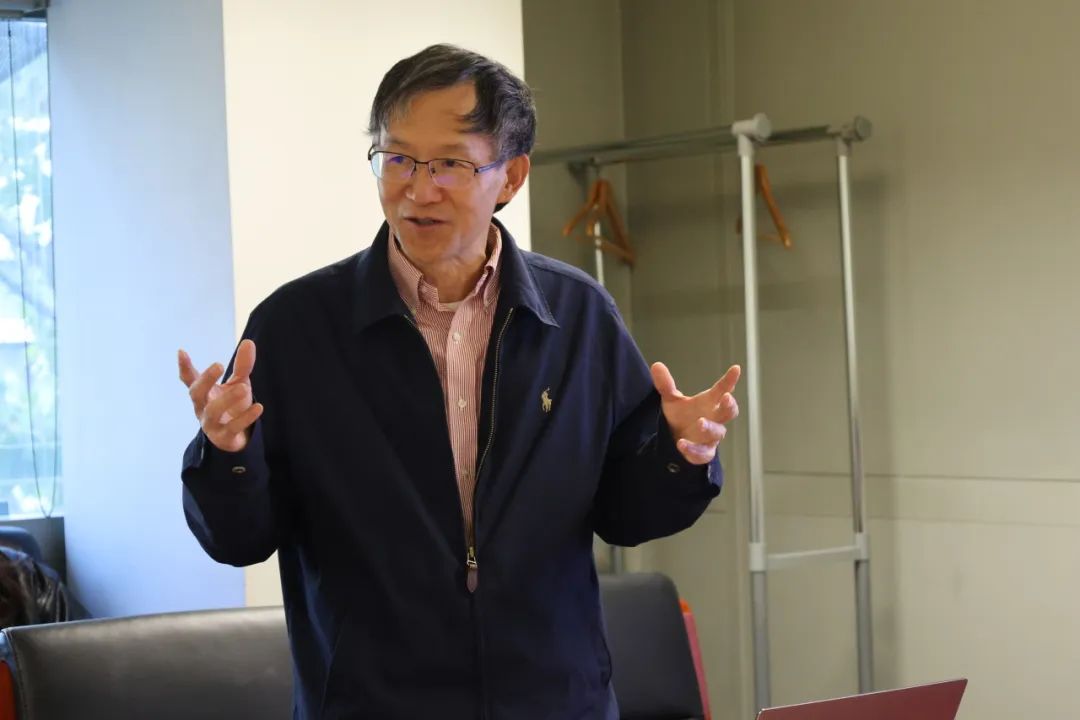
Chen Yongsheng giving the presentation
Lin Shihong delivered a profound and insightful academic presentation titled "Lithium-Magnesium Separation Based on Membrane Processes: Performance Evaluation, System Optimization, and Membrane Design." He emphasized the equal importance of selectivity and recovery rates of membrane separation for ions, and that the trade-off relationship between selectivity and recovery rates exists in both membrane processes and membrane materials. The trade-off relationship in membrane processes can be overcome through multi-stage nanofiltration. His presentation sparked strong interest and stimulated in-depth exchanges and discussions among the attendees, earning lasting applause.
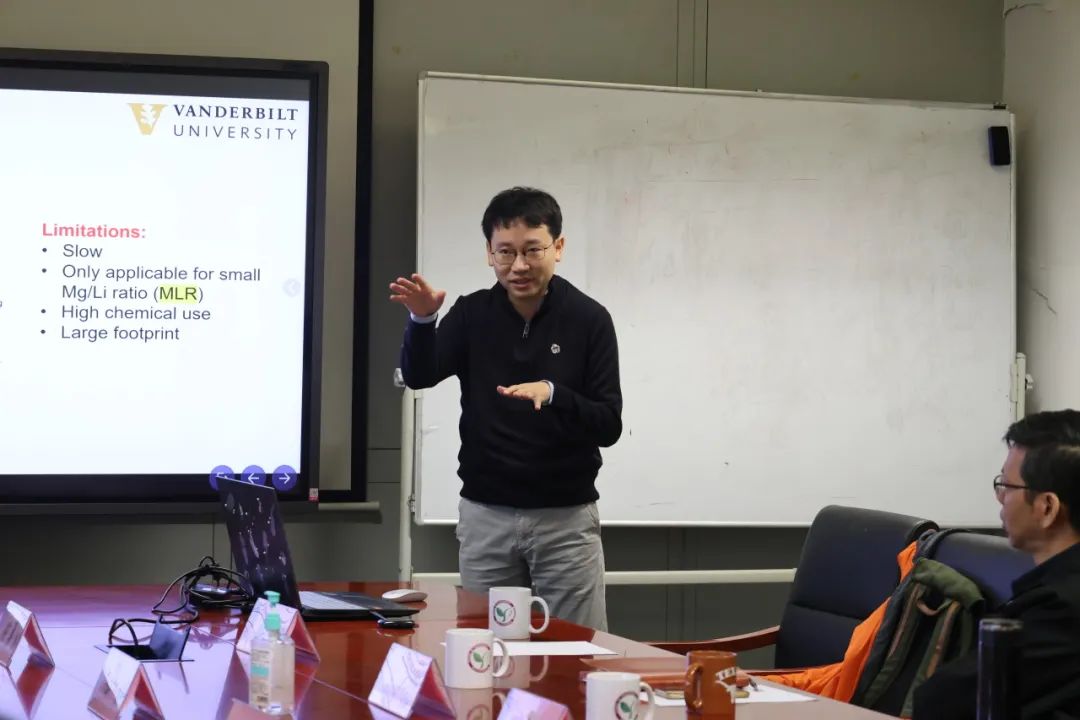
Lin Shihong giving the presentation
Wang Xiaomao gave a presentation on "Membrane Properties and Performance Regulation Based on Nanofiltration Mechanisms." During the talk, he highlighted the importance of regulating the performance of membrane separation technology in order to improve its efficiency and sustainability. This has positive implications for the environment as well as for resource utilization.
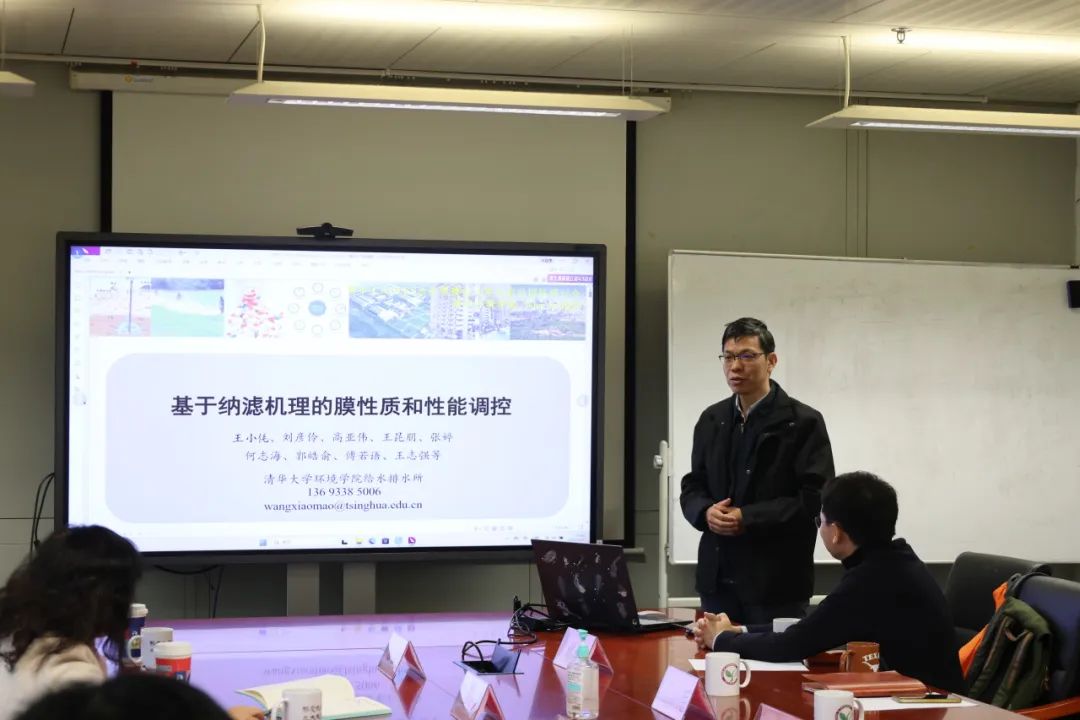
Wang Xiaomao giving the presentation
An Xiaoqiang presented his research findings on "Regulation of Membrane-Water Microinterface Interactions and Its Application in Water Purification." He highlighted the importance of gaining a deeper understanding of the relationship between membrane technology and water treatment to improve the management and protection of water resources. This research field is crucial for addressing sustainability challenges in water resource utilization and environmental protection, offering valuable insights and practical applications for both academia and industry.
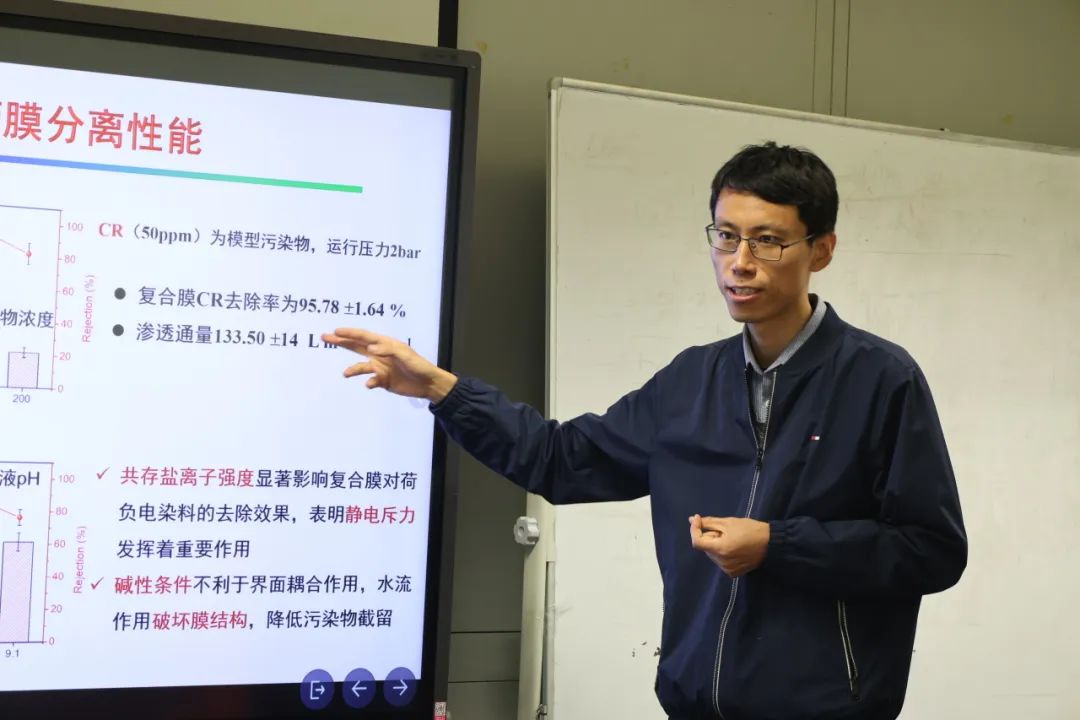
An Xiaoqiang giving the presentation
During the closing remarks, Liang Peng expressed his gratitude for the knowledge exchange and progress that was facilitated during the seminar on membrane technology for water treatment. He extended his thanks to the four scholars for sharing their latest research findings and expressed his anticipation for more breakthroughs and innovations in the field of membrane technology for water treatment. He emphasized the importance of addressing the significant challenges of global water sustainable development and stated that such efforts can be achieved collectively.
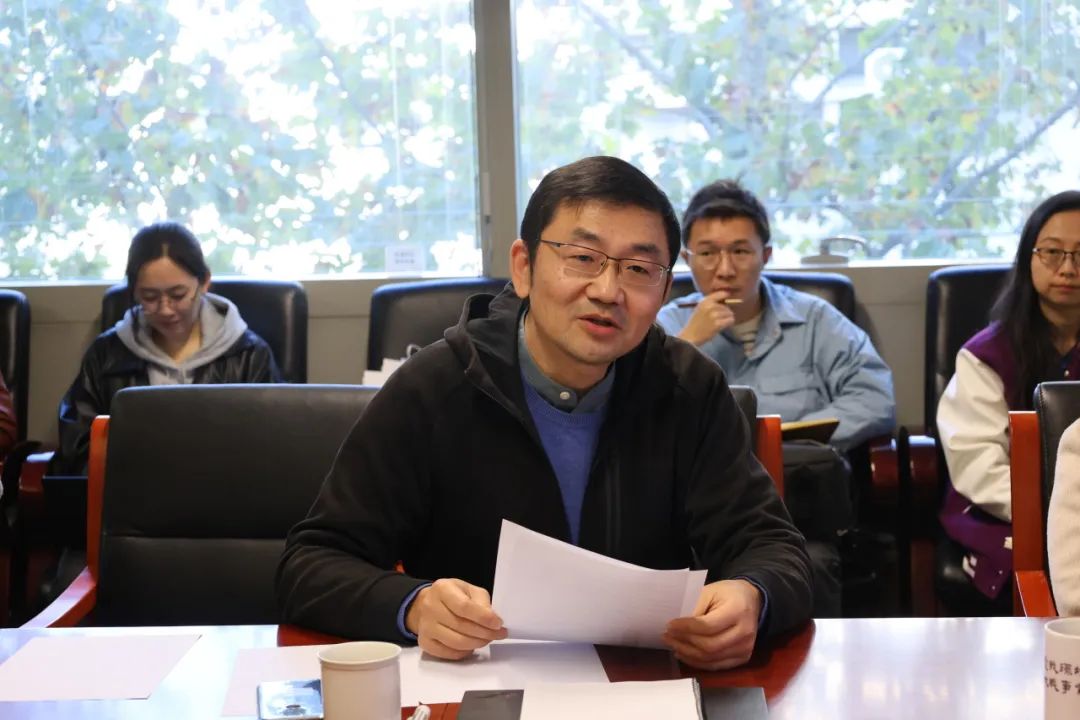
Liang Peng giving the conclusion remarks
Huang Xia expressed gratitude to the four scholars and encouraged them to work as a bridge to enhance communication and collaboration in the field of membrane technology for water treatment. She also urged them to work together to promote sustainable development worldwide.
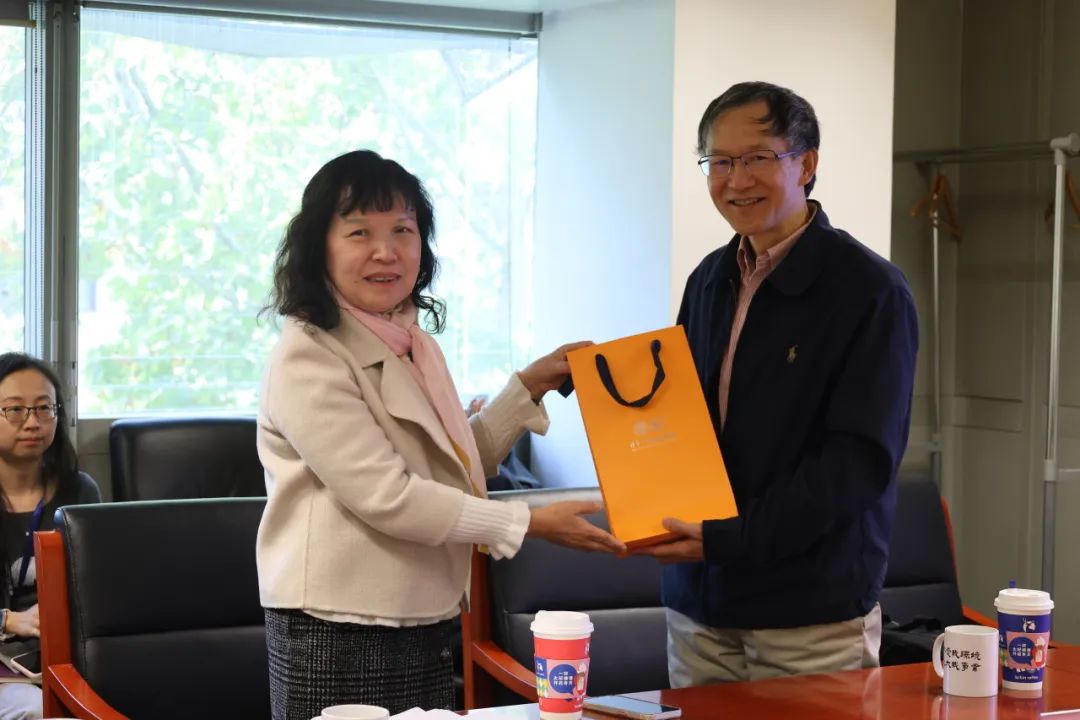
Huang Xia expressing gratitude to presenters



